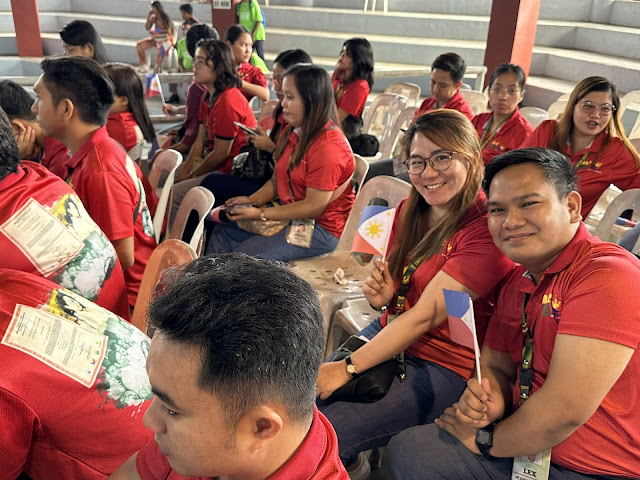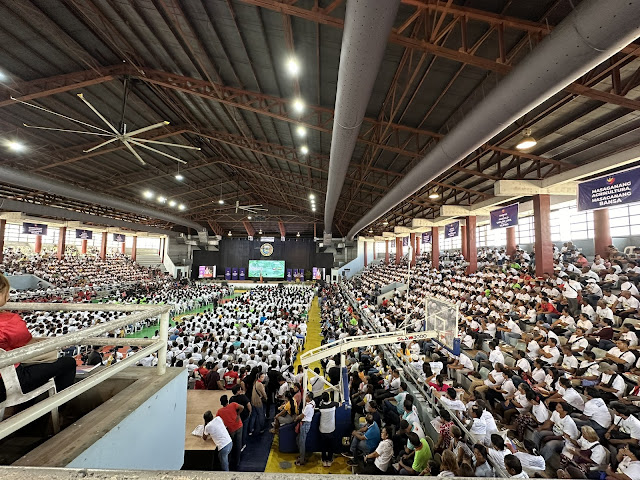Agrarian Reform Beneficiaries (ARBs) under Presidential Decree No. 27 or Republic Act No. 6657 (Comprehensive Agrarian Reform Law) are encouraged to join agrarian reform beneficiaries organizations (ARBOs) because doing so provides several benefits that can help improve their farming operations and livelihood. Here’s why they should consider joining:
1. Access to Government Support and Assistance
• Farmers’ organizations often serve as a bridge between ARBs and government agencies like the Department of Agrarian Reform (DAR) and the Department of Agriculture (DA).
• Members may receive subsidized seeds, fertilizers, farming equipment, and training programs.
• The government provides financial assistance, such as soft loans and grants, to organized groups rather than individuals.
2. Collective Bargaining Power
• Farmers’ organizations help members negotiate better prices for their products by reducing middlemen intervention.
• They can advocate for better policies, infrastructure, and support services from the government and private sector.
3. Easier Access to Credit and Financing
• Many banks and lending institutions prefer lending to cooperatives or farmers’ organizations rather than individual farmers.
• Membership can help ARBs secure loans with lower interest rates for farm inputs and machinery.
4. Market Access and Stability
• Organizations can help members find buyers and negotiate better contracts, ensuring fair prices and reducing exploitation.
• Some cooperatives engage in direct marketing, bypassing traders who often underprice farm products.
5. Shared Resources and Knowledge
• Members can share knowledge on best farming practices, modern techniques, and climate-resilient agriculture.
• Organizations sometimes operate shared facilities, such as post-harvest centers, warehouses, or irrigation systems.
6. Stronger Legal and Institutional Support
• Farmers’ organizations help protect ARBs from land disputes, eviction, or unjust policies.
• They provide legal assistance and ensure that ARBs’ rights under PD 27 and RA 6657 are upheld.
ARBs are encouraged to join farmers’ organizations because doing so offers them economic, social, and legal advantages that can improve their productivity and quality of life. By working collectively, they can overcome challenges that individual farmers may struggle to handle.


























